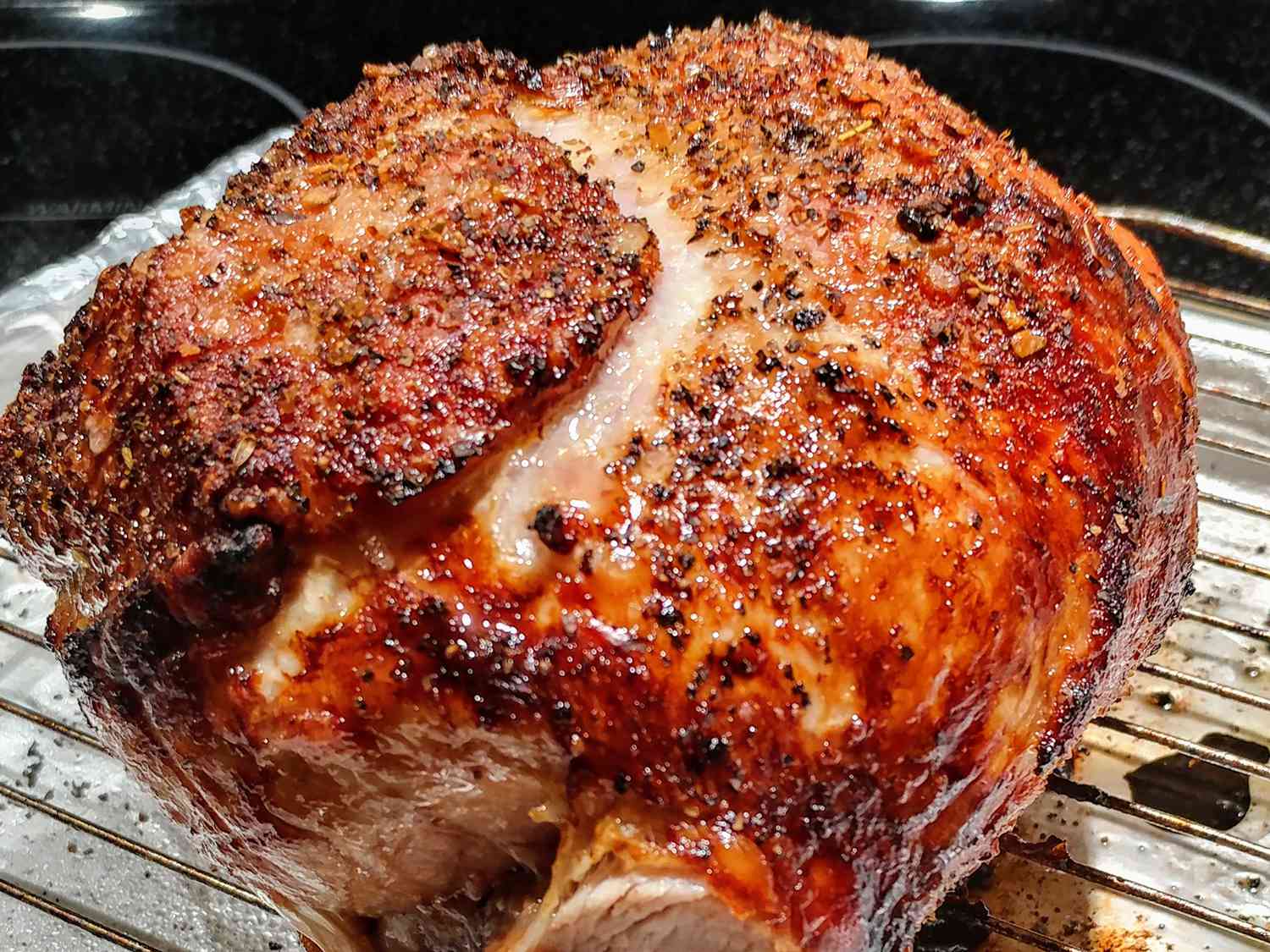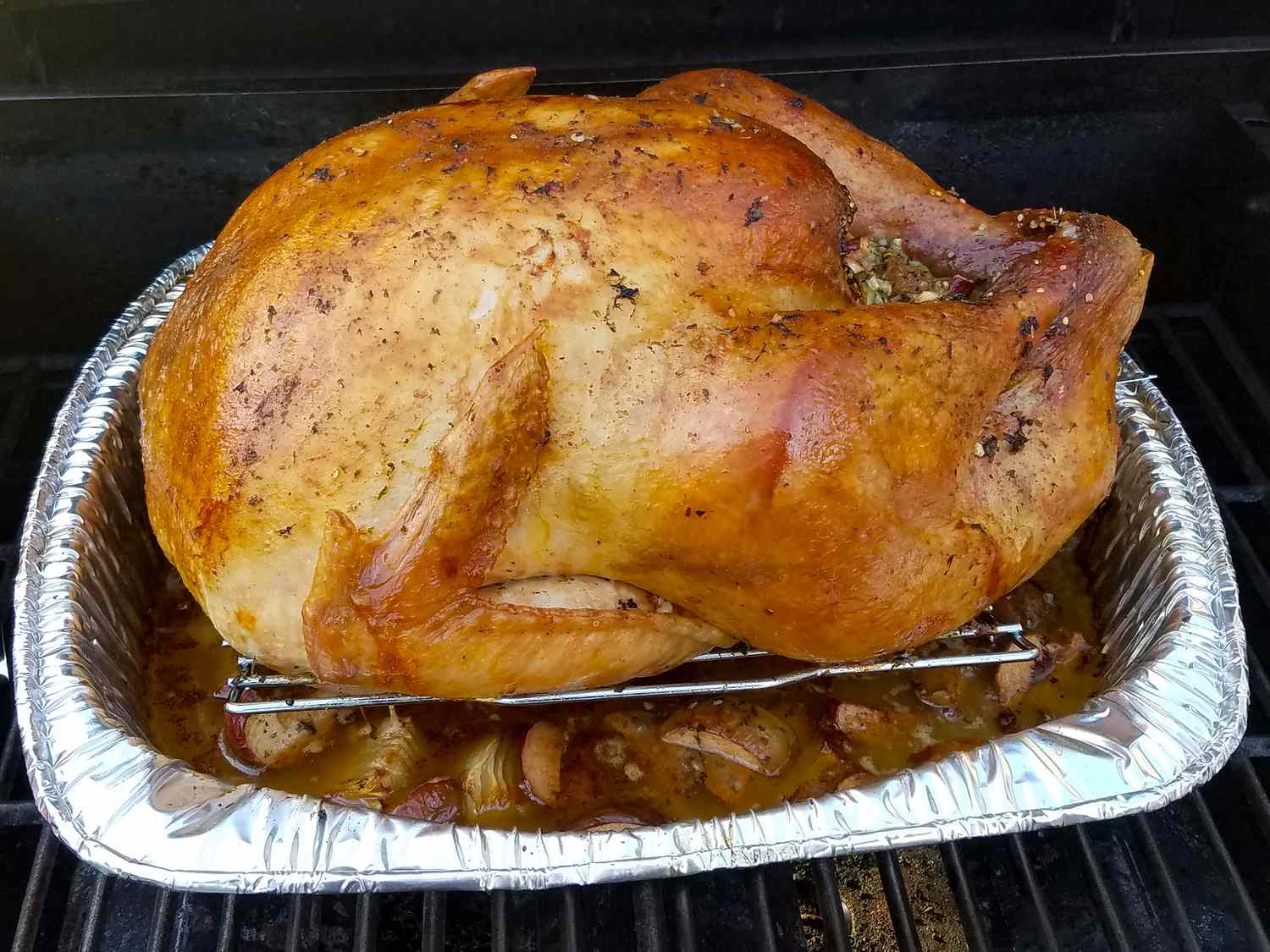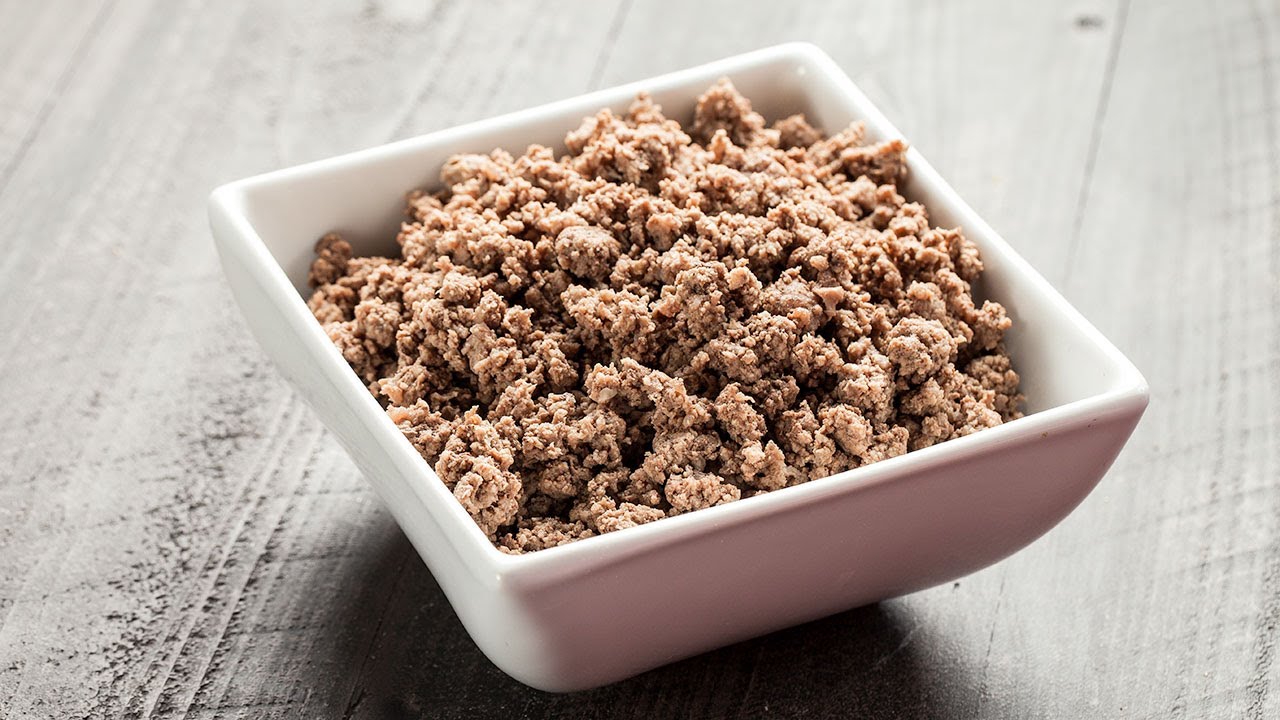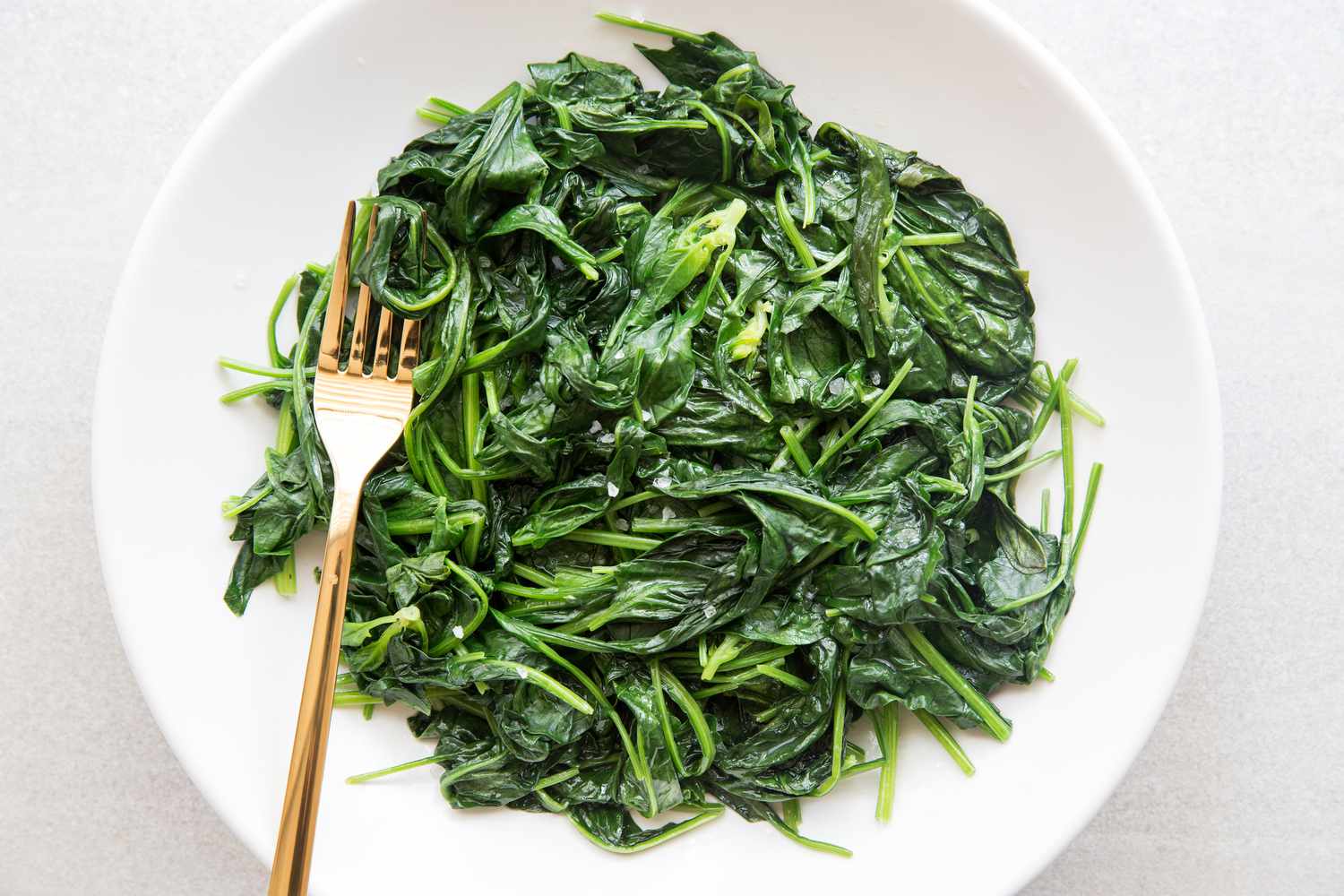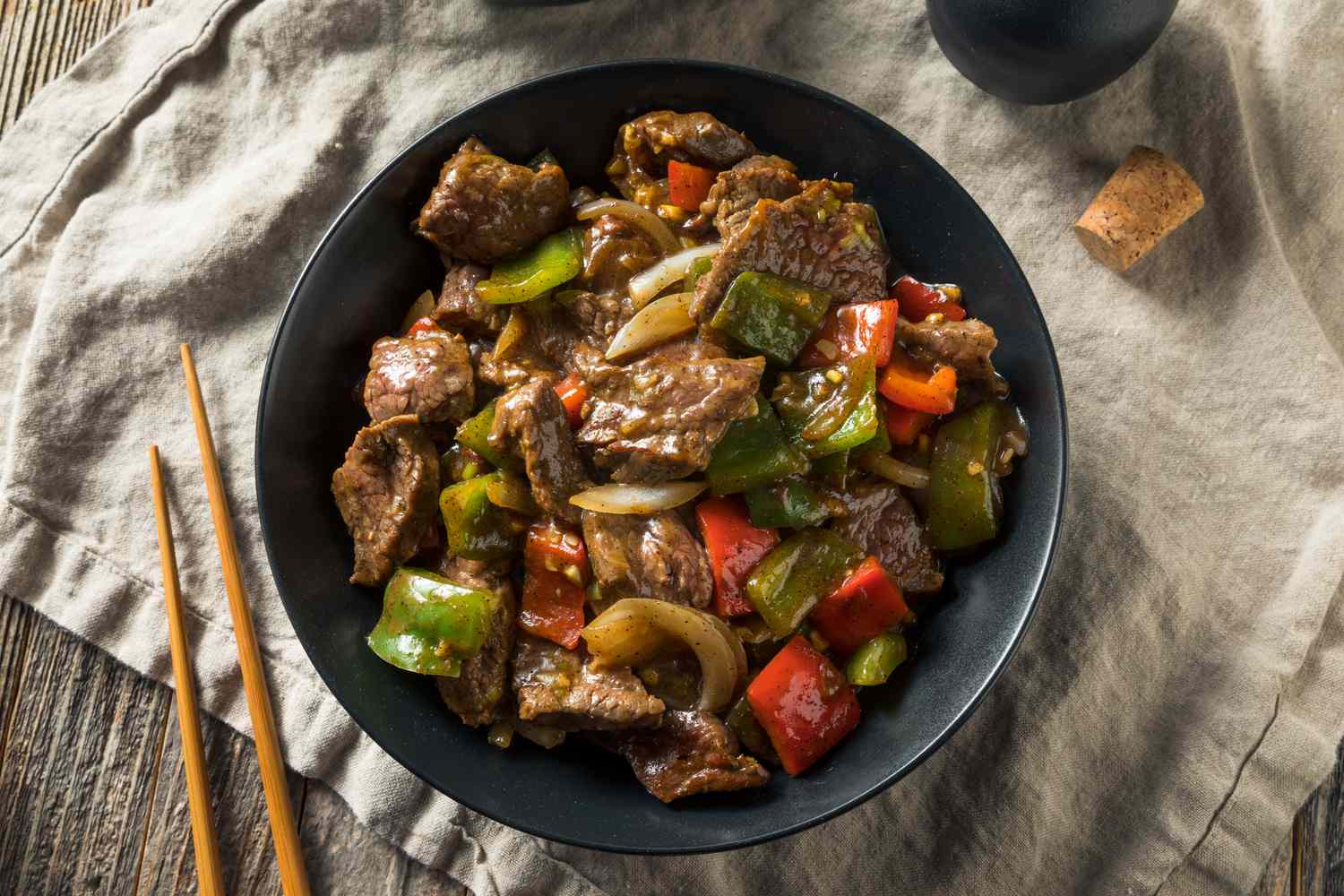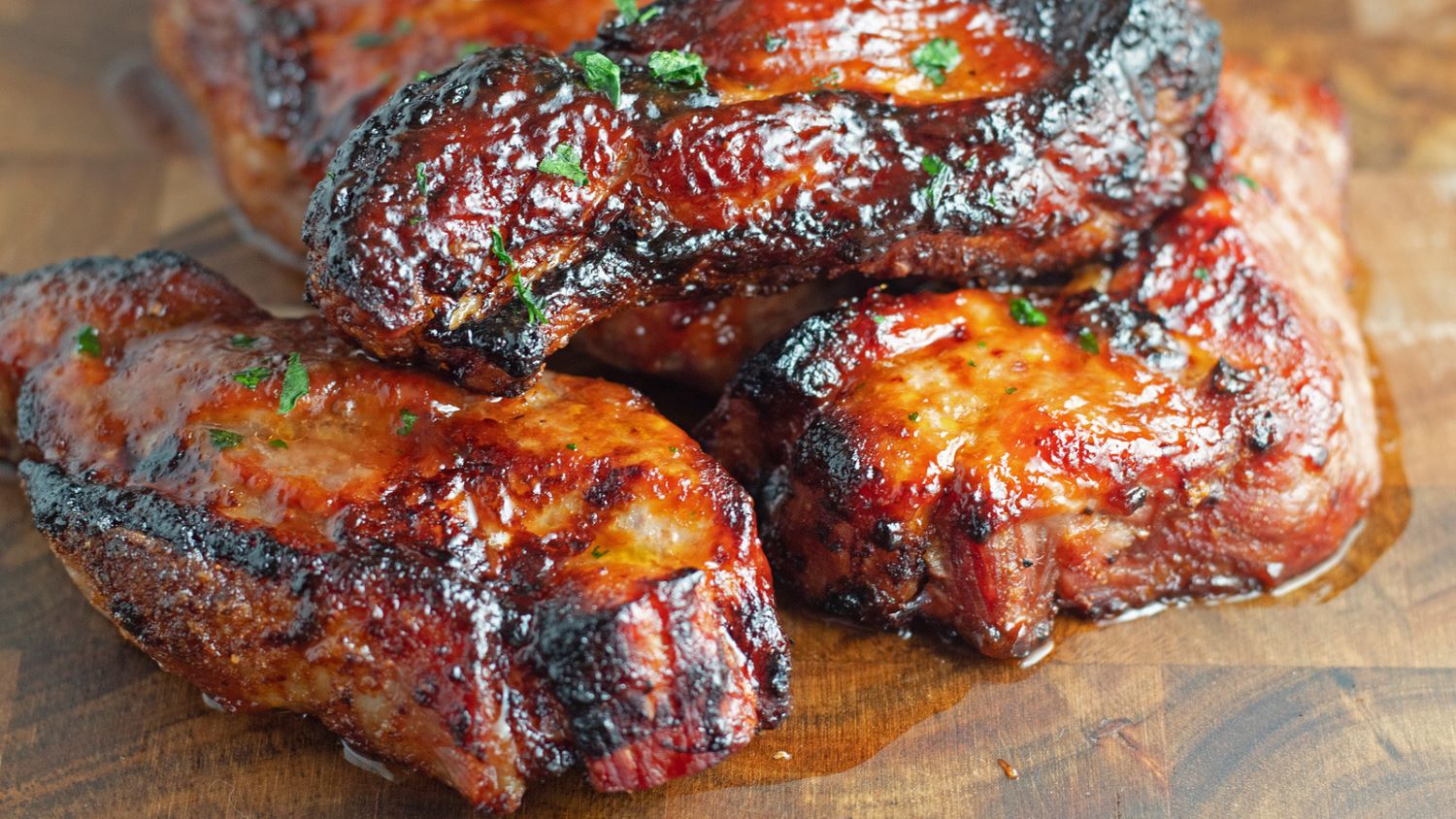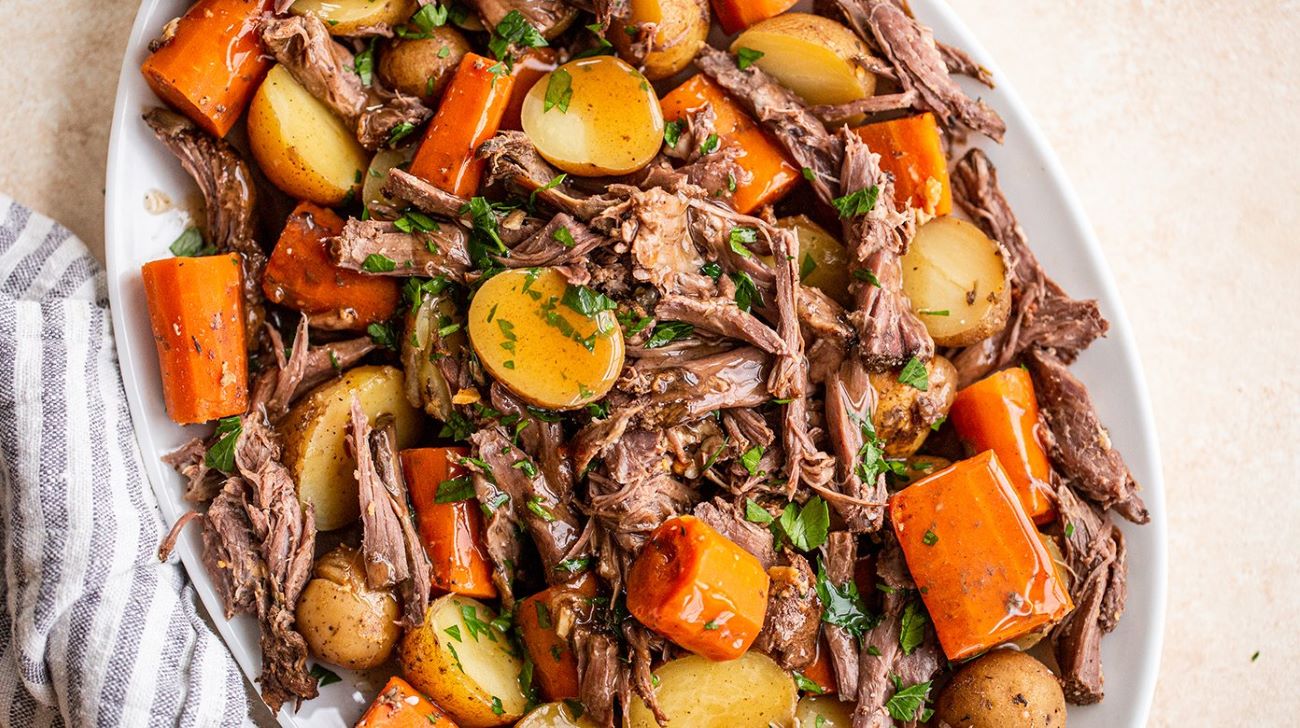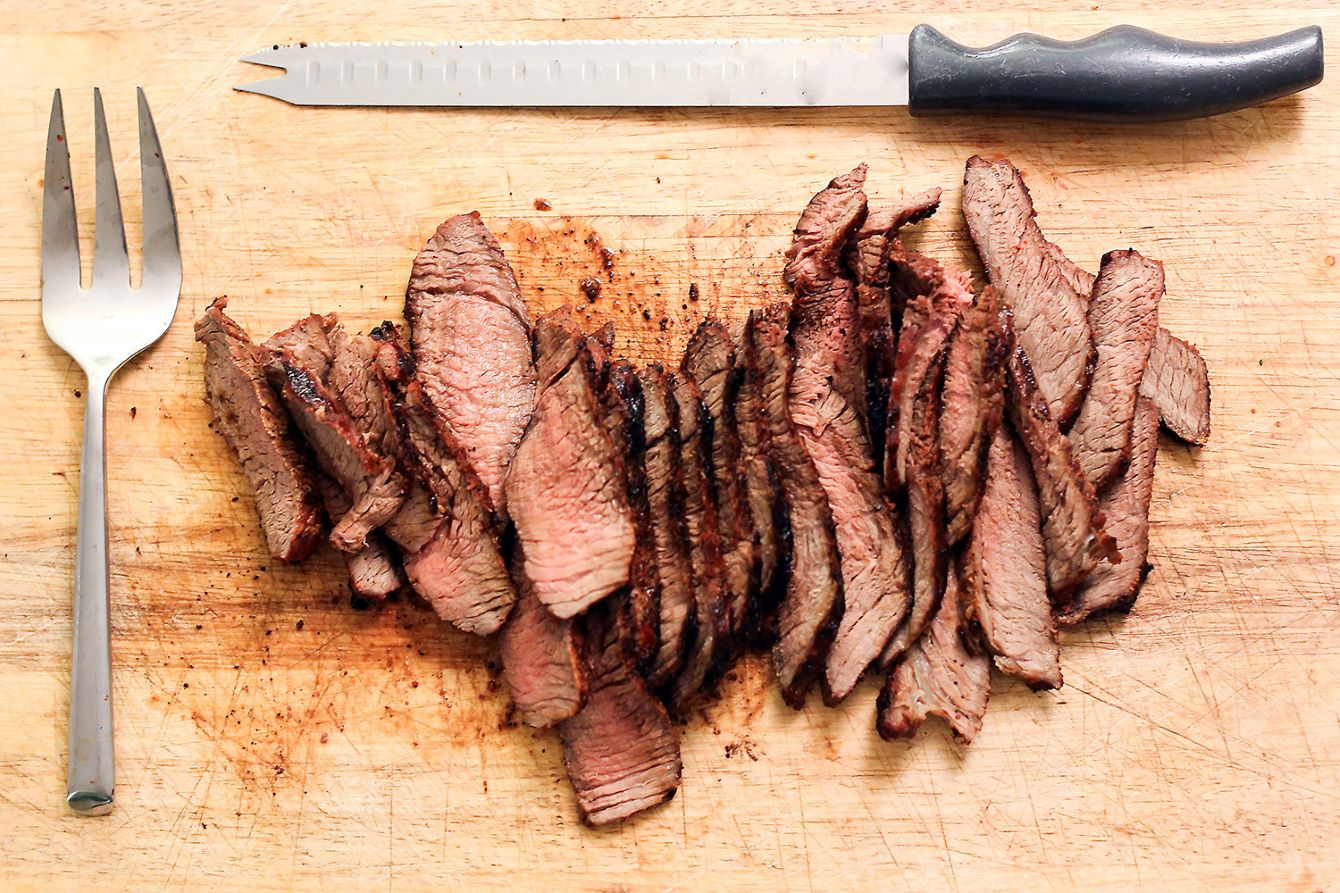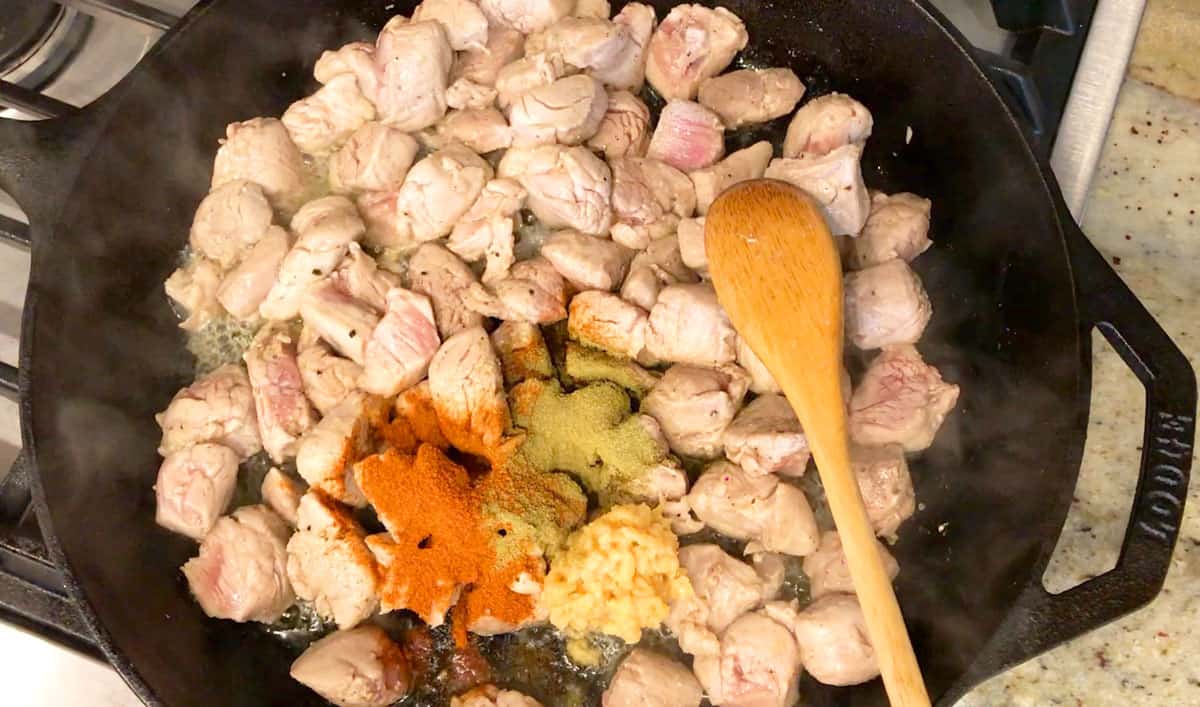Tips for Perfectly Cooked Hard Boiled Eggs on a Gas Stove
Hard boiled eggs are a versatile ingredient that can be enjoyed as a standalone snack, used in salads, or incorporated into various recipes. If you’re looking to achieve the perfect hard boiled egg using a gas stove, we have some tips to help you get it just right.
1. Start with fresh eggs
The quality of the eggs you use plays a vital role in achieving the desired result. Choose fresh eggs from a trusted source to ensure the best flavor and texture. Older eggs tend to be easier to peel, so if you have some on hand, it can be advantageous.
2. Prepare your equipment
Before you get started, make sure you have the necessary equipment ready. You will need a pot, a gas stove, a slotted spoon, and a bowl of ice water. Having everything prepared in advance will help streamline the cooking process.
3. Place the eggs in the pot
Gently place the eggs in a single layer in the bottom of a pot. Make sure they are not overcrowded so that the heat distributes evenly. Add enough water to cover the eggs by about an inch.
4. Heat the pot on medium-high
Place the pot on a gas stove over medium-high heat. Allow the water to come to a rolling boil. This may take a few minutes, depending on your stove and the amount of water in the pot.
5. Reduce the heat and simmer
Once the water reaches a rolling boil, reduce the heat to low. Maintain a gentle simmer rather than a vigorous boil. This will prevent the eggs from bouncing around and potentially cracking.
6. Cook for the desired time
The cooking time will depend on how you like your hard boiled eggs. For a slightly soft center, cook the eggs for around 6-7 minutes. If you prefer a fully set yolk, cook them for 9-12 minutes. Adjust the cooking time based on your preference.
7. Transfer eggs to ice water
Using a slotted spoon, carefully transfer the eggs from the pot to a bowl filled with ice water. The ice water bath helps stop the cooking process and facilitates peeling.
8. Let the eggs cool
Allow the eggs to cool in the ice water bath for at least 5 minutes. This will ensure they are fully chilled and easier to handle when it comes time to peel them.
9. Peel and enjoy
To peel the hard boiled eggs, gently tap them on a hard surface to create cracks. Start peeling from the wider end of the egg, where the air pocket is located. The air pocket helps separate the shell from the egg, making it easier to peel.
Once peeled, you can enjoy your perfectly cooked hard boiled eggs as a snack or use them in your favorite recipes. From deviled eggs to egg salad sandwiches, the possibilities are endless!
By following these simple steps, you can cook hard boiled eggs on a gas stove with ease. Experiment with different cooking times to find your preferred level of doneness, and enjoy the delicious results!
For those who have just mastered how to cook hard boiled eggs on a gas stove, there are a variety of recipes to try out. A great starting point is the Classic Deviled Eggs Recipe, which is a crowd-pleaser for any gathering. For a hearty lunch option, the Egg Salad Sandwich Recipe is both simple and satisfying. If you’re in the mood for something more substantial, the Cobb Salad with Hard Boiled Eggs Recipe offers a protein-packed meal that’s perfect for dinner. Those looking for a unique twist can try the Niçoise Salad Recipe, combining hard boiled eggs with tuna and vegetables for a refreshing meal. And for those who enjoy a bit of spice, the Curried Egg Salad Recipe delivers a flavorful punch. Each of these recipes will allow you to make the most of your perfectly boiled eggs and bring delicious variety to your meals.
1. Place the eggs in a single layer at the bottom of a pot.
2. Add enough cold water to cover the eggs by about an inch.
3. Place the pot on the gas stove over medium-high heat.
4. Once the water reaches a rolling boil, reduce the heat to low and let the eggs simmer for about 9-12 minutes, depending on the desired level of doneness.
5. Use a slotted spoon or tongs to carefully transfer the eggs to a bowl of ice water to cool and stop the cooking process.
6. Let the eggs sit in the ice water for at least 5 minutes before peeling.
– Start with cold eggs and cold water to minimize the chance of cracking.
– Place the eggs gently into the pot of cold water before turning on the heat.
– Avoid using high heat, especially at the beginning. Start with medium-high heat and adjust as needed to maintain a gentle simmer.
– Adding a splash of vinegar or salt to the water may also help prevent cracking.
– Timer: Set a timer for the desired cooking time, typically around 9-12 minutes depending on the level of doneness you prefer.
– Water test: After the suggested cooking time, carefully remove one egg from the pot and place it in a bowl of ice water. If the yolk is cooked to your desired consistency, then the remaining eggs should be done as well.
– Shell test: Gently tap a cooked egg on a hard surface and peel a small section of the shell. If the egg appears cooked to your liking, then the rest should be too.
For those who have just mastered how to cook hard boiled eggs on a gas stove, there are a variety of recipes to try out. A great starting point is the Classic Deviled Eggs Recipe, which is a crowd-pleaser for any gathering. For a hearty lunch option, the Egg Salad Sandwich Recipe is both simple and satisfying. If you’re in the mood for something more substantial, the Cobb Salad with Hard Boiled Eggs Recipe offers a protein-packed meal that’s perfect for dinner. Those looking for a unique twist can try the Niçoise Salad Recipe, combining hard boiled eggs with tuna and vegetables for a refreshing meal. And for those who enjoy a bit of spice, the Curried Egg Salad Recipe delivers a flavorful punch. Each of these recipes will allow you to make the most of your perfectly boiled eggs and bring delicious variety to your meals.
Was this page helpful?
Read Next: How To Cook Tilapia Fish On Stove Top
